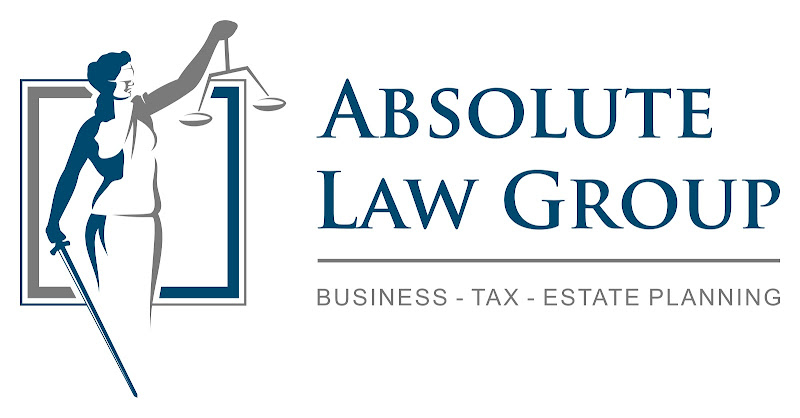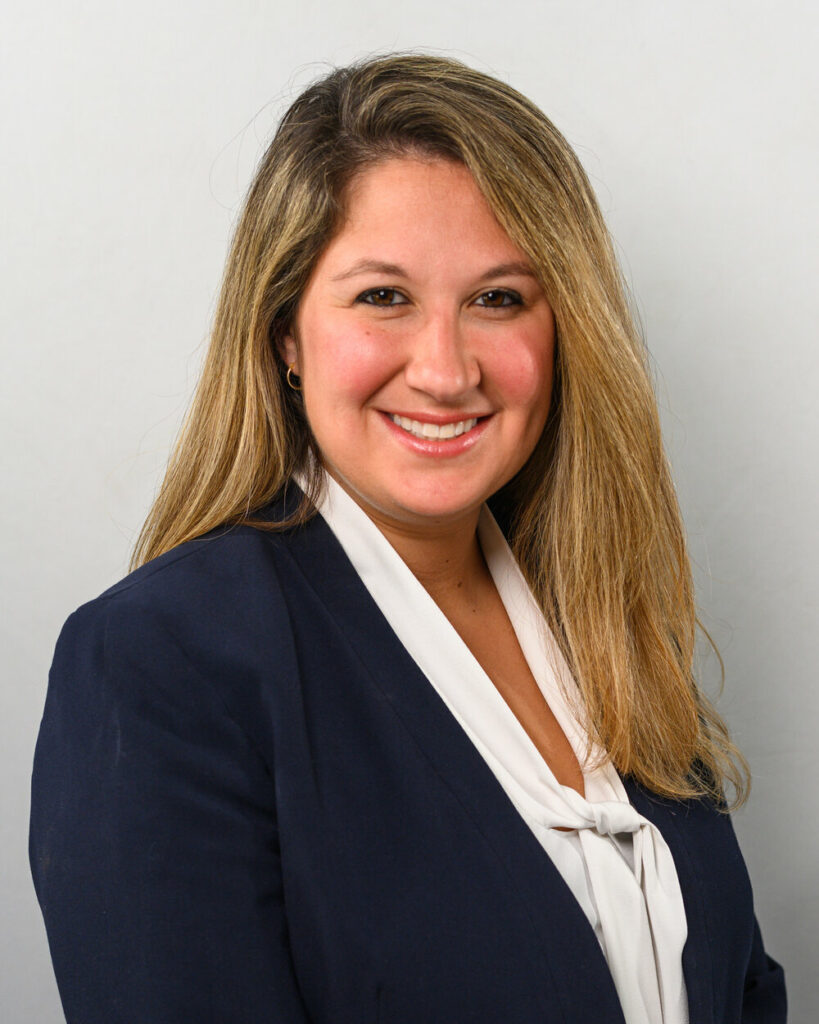Need A Trust, Will or Lawyer to Handle Probate?
Free Estate Planning Guides
Seen On:

Search Lawyers
Lawyers Found: 457
Estate Planning FAQs
Estate planning is the process of arranging for the management and distribution of your assets during your lifetime and after your death. It involves creating legal documents such as wills, trusts, powers of attorney, and healthcare directives to ensure your wishes are carried out and your loved ones are taken care of according to your desires.
Estate planning is crucial because it allows you to control what happens to your assets and who will make decisions on your behalf if you become incapacitated or pass away. Without proper planning, your assets may be distributed according to state laws rather than your wishes, and your family may face unnecessary stress, conflicts, and financial burdens.
It's never too early to start estate planning. As soon as you have assets, dependents, or specific wishes for your healthcare and end-of-life decisions, you should consider creating an estate plan. Life events such as marriage, divorce, the birth of a child, or a significant change in financial circumstances should also prompt you to review and update your plan.
A comprehensive estate plan usually includes a will, one or more trusts, a durable power of attorney for finances, an advance healthcare directive (living will), and a healthcare power of attorney. Depending on your unique situation, your estate planning attorney may recommend additional documents to ensure your plan is complete and effective.
A will is a legal document that specifies how you want your assets distributed after your death and who will be responsible for carrying out your wishes (the executor). It also allows you to name guardians for your minor children. Without a will, your assets will be distributed according to your state's intestacy laws, which may not align with your desires.
A trust is a legal arrangement in which a trustee holds and manages assets for the benefit of one or more beneficiaries. Unlike a will, a trust can take effect during your lifetime and can provide more control over how and when your assets are distributed. Trusts can also help avoid probate, minimize estate taxes, and protect assets from creditors and lawsuits.
Probate is the legal process of validating a will and distributing a deceased person's assets under court supervision. It can be time-consuming, expensive, and public. To avoid probate, you can create a living trust, designate beneficiaries on your accounts, and own property jointly with rights of survivorship.
A power of attorney is a legal document that grants someone else (the agent) the authority to make decisions and act on your behalf. A durable power of attorney for finances allows your agent to manage your financial affairs if you become incapacitated, while a healthcare power of attorney enables your agent to make medical decisions for you if you are unable to do so yourself.
An advance healthcare directive, also known as a living will, is a document that specifies your wishes for end-of-life medical care, such as whether you want to be kept on life support if you are in a persistent vegetative state. It helps ensure your preferences are honored and relieves your loved ones of the burden of making difficult decisions on your behalf.
You should review your estate plan every 3-5 years or whenever you experience a significant life event, such as marriage, divorce, the birth of a child, a substantial change in assets, or the death of a beneficiary or fiduciary. Your estate planning attorney can help you determine when updates are necessary to keep your plan current and effective.
When choosing an estate planning attorney, look for someone with extensive experience in estate planning, a thorough understanding of your state's laws, and a commitment to staying current with changes in the field. You should also feel comfortable discussing personal and financial matters with them and trust that they will prioritize your best interests.
The cost of estate planning varies depending on the complexity of your situation and the attorney's fees. Simple estate plans may cost a few hundred dollars, while more comprehensive plans can cost several thousand dollars. However, the cost of not having an estate plan can be much higher, both financially and emotionally, for your loved ones.
A revocable trust, also known as a living trust, can be modified or terminated by the grantor during their lifetime. An irrevocable trust, on the other hand, cannot be easily changed or revoked once it is established. Irrevocable trusts offer certain tax advantages and asset protection benefits that revocable trusts do not, but they also require giving up control of the assets placed in the trust.
An executor is the person named in a will to manage the deceased person's estate, pay debts and taxes, and distribute assets to beneficiaries according to the will's terms. When choosing an executor, select someone who is responsible, trustworthy, and willing to take on the role. It can be a family member, friend, or professional fiduciary, depending on your situation.
A guardian is appointed by the court to make personal and healthcare decisions for a minor child or incapacitated adult, while a conservator is appointed to manage the financial affairs of a person who is unable to do so themselves. In some cases, the same person may serve as both guardian and conservator.
The generation-skipping transfer (GST) tax is a federal tax imposed on transfers of wealth to beneficiaries who are two or more generations younger than the donor, such as grandchildren. To minimize the impact of the GST tax, you can create a dynasty trust, utilize the GST tax exemption, or make direct payments for a beneficiary's education or medical expenses.
A family limited partnership (FLP) is a business entity that can be used to manage and transfer family wealth while providing certain tax and asset protection benefits. By placing assets in an FLP and giving limited partnership interests to family members, you can maintain control over the assets, reduce estate and gift taxes, and protect the assets from creditors and lawsuits.
A charitable remainder trust (CRT) is an irrevocable trust that allows you to donate assets to charity while still receiving income from those assets during your lifetime. When the trust term ends, the remaining assets go to the designated charity. CRTs offer several benefits, including an immediate income tax deduction, capital gains tax deferral, and reduced estate taxes.
A buy-sell agreement is a legally binding contract that governs the transfer of ownership in a business when a triggering event occurs, such as the death, disability, or retirement of an owner. It ensures a smooth transition of ownership, protects the business's value, and provides liquidity for the departing owner's estate. If you own a business, a buy-sell agreement is an essential part of your estate plan.
A pet trust is a legal arrangement that provides for the care of your pets if you become incapacitated or pass away. You fund the trust with assets that will be used to cover your pets' expenses, such as food, veterinary care, and grooming, and name a trustee to manage the funds and ensure your wishes are carried out. Pet trusts can give you peace of mind knowing your beloved companions will be well cared for.
A digital estate plan addresses the management and distribution of your digital assets, such as online accounts, social media profiles, and cryptocurrency holdings, after your death or incapacitation. It includes an inventory of your digital assets, instructions for accessing and managing them, and designations of who should handle them. As our lives increasingly move online, digital estate planning is becoming more critical to protect your assets and legacy.
What is a living will, and how does it differ from a healthcare power of attorney?
A living will is a document that specifies your wishes for end-of-life medical care, such as whether you want to be kept on life support if you are terminally ill or in a persistent vegetative state. A healthcare power of attorney, on the other hand, designates someone to make medical decisions on your behalf if you are unable to do so. While a living will provides guidance, a healthcare power of attorney empowers someone to make decisions based on your wishes and best interests.
A spendthrift trust is a type of trust designed to protect assets from a beneficiary's creditors and prevent the beneficiary from squandering the assets. The trustee has complete control over the trust funds and can distribute them to the beneficiary according to the trust's terms. Spendthrift trusts can be useful if you have concerns about a beneficiary's ability to manage money responsibly or if you want to shield the assets from potential legal claims.
Life insurance can play a crucial role in estate planning by providing liquidity to pay estate taxes, debts, and final expenses; replacing lost income for your family; equalizing inheritances among beneficiaries; and funding buy-sell agreements for closely held businesses. Your estate planning attorney can help you determine the appropriate type and amount of life insurance to support your overall estate plan.
Blog Posts
Everything You Need to Know About Probate Attorneys
When a loved one passes away, navigating the probate process can feel daunting. Probate attorneys fill the crucial role of guiding families through this often …
The Ultimate Guide to Wills: Everything You Need to Know
You’re ready to create your will but unsure where to start. Wills are crucial legal documents that outline how your assets will be distributed after you pass away. …
Find the Best Estate Planning Attorney Jupiter Fl: Ultimate Guide
Navigating the complexities of estate planning can be a daunting task, especially when it comes to protecting your assets and ensuring your wishes are carried …
Choosing the Right West Palm Beach Probate Attorney for Your Needs
Choosing the best West Palm Beach Probate Attorney is not easy when you’re dealing with a loss, estate planning, or any probate issues. Did you …
The Essential Guide to Florida Medicaid Planning
Many seniors in Florida are uncertain about the future of their long-term medical care costs. Did you know that over 5 million individuals currently benefit …
Do Wills Have to be Probated in Florida? Understanding the Probate Process: What You Need to Know
Navigating the intricacies of wills and probate can be quite perplexing, especially in a state like Florida with its unique rules. Did you know that …














